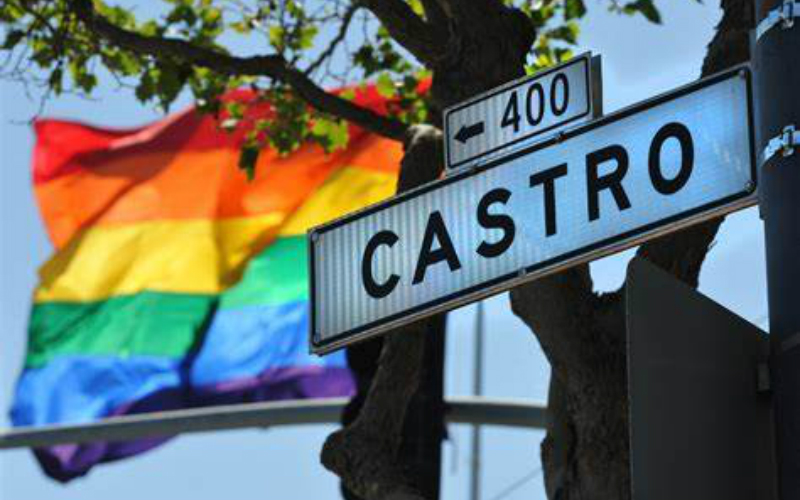Leading up to and during the February 12th Super Bowl, fans were inundated with ads promoting online gambling. Among the sportsbooks advertised during the game were DraftKings, FanDuel, Caesars, and PointsBet. Congressman Paul Tonko (D-New York), however, wants to put promotion of such betting sites in check – so he has introduced a bill that would ban all online and electronic advertising of sports gambling in media regulated by the Federal Communications Commission.
Such ads, he argues, are a "dangerous threat" to youngsters and young adults who are unaware of the risks involved in gambling – as well as to people who are prone to addiction.
"Congress must take the necessary steps to reel in an industry with the power to inflict real, widespread harm on the American people," he stated just days before the Super Bowl as he introduced the Betting on Our Future Act.
Les Bernal of Stop Predatory Gambling tells AFN that the out-of-control "predatory" advertising has unleashed an epidemic of child gambling.

"Kids are growing up today thinking that to bet on sports is normal," Bernal laments. "That 'normalization' is coming from this saturation, this hurricane of gambling advertising that's being pushed to people and into people's homes – and it's being done without any kind of restrictions on it at all. This bill is a step forward in the right direction."
As Bernal points out, if the FCC is forced to deal with the problem, it won't be the first ad barred from radio and TV. He argues that gambling is as dangerous and addictive as alcohol and tobacco.
"There are clear restrictions on commercialized advertising for businesses when the product that they're selling is dangerous and addictive to the public," he explains. "That's why there are restrictions on [how] liquor and tobacco are marketed in our country."
But according to Bernal, those restrictions have not existed for commercialized gambling because, in most cases, state governments are among the promoters.







